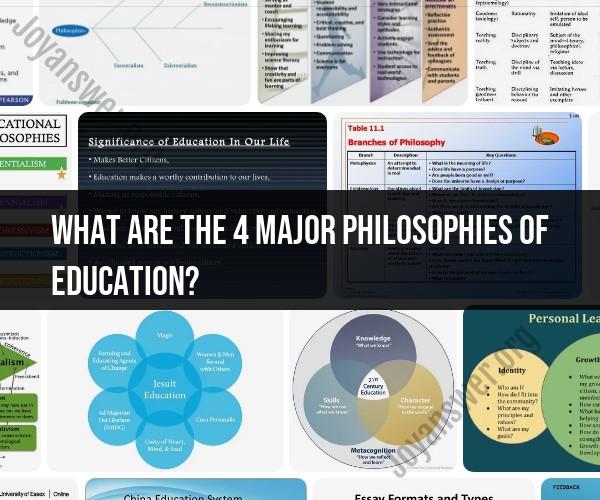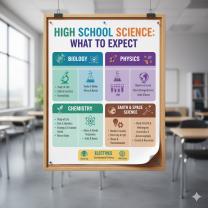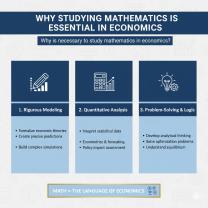What are the 4 major philosophies of Education?
The four major philosophies of education are essential frameworks that guide educational practices and theories. These philosophies reflect different beliefs and approaches to teaching and learning. The four major philosophies of education are:
Perennialism: Perennialism is rooted in the belief in the enduring value of classical knowledge and the great works of literature, history, mathematics, and science. This philosophy emphasizes the study of timeless and universal truths and seeks to transmit the wisdom of the past to future generations. Perennialists advocate for a curriculum that focuses on the classics and core subjects, viewing education as the pursuit of intellectual and moral excellence.
Essentialism: Essentialism is characterized by a focus on a core set of essential knowledge and skills that all students should acquire. This philosophy values a well-rounded education that includes reading, writing, mathematics, and traditional subjects. Essentialists emphasize the importance of discipline, order, and academic rigor in the classroom. They believe in providing students with a strong foundation in the basics of education.
Progressivism: Progressivism is rooted in the idea that education should be student-centered, experiential, and based on the interests and needs of learners. This philosophy emphasizes active and hands-on learning, problem-solving, and critical thinking. Progressivists advocate for a curriculum that is relevant to students' lives, encourages inquiry, and fosters creativity. They view education as a means of preparing students for active participation in a democratic society.
Existentialism: Existentialism is a philosophy of education that focuses on individuality, freedom, and personal choice. Existentialists believe that education should help students find meaning and purpose in their lives. This philosophy values self-exploration, personal responsibility, and authenticity. Existentialist educators encourage students to question the status quo, explore their own beliefs and values, and make choices that align with their own authentic existence.
It's important to note that while these are the four major philosophies of education, there are other educational philosophies and approaches as well, including behaviorism, constructivism, social constructivism, humanism, and more. Additionally, educators often draw from multiple philosophies and adapt their teaching methods to best meet the needs of their students and the goals of their educational institutions. The choice of educational philosophy can significantly influence curriculum design, classroom practices, and the overall educational experience of students.











